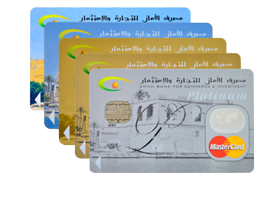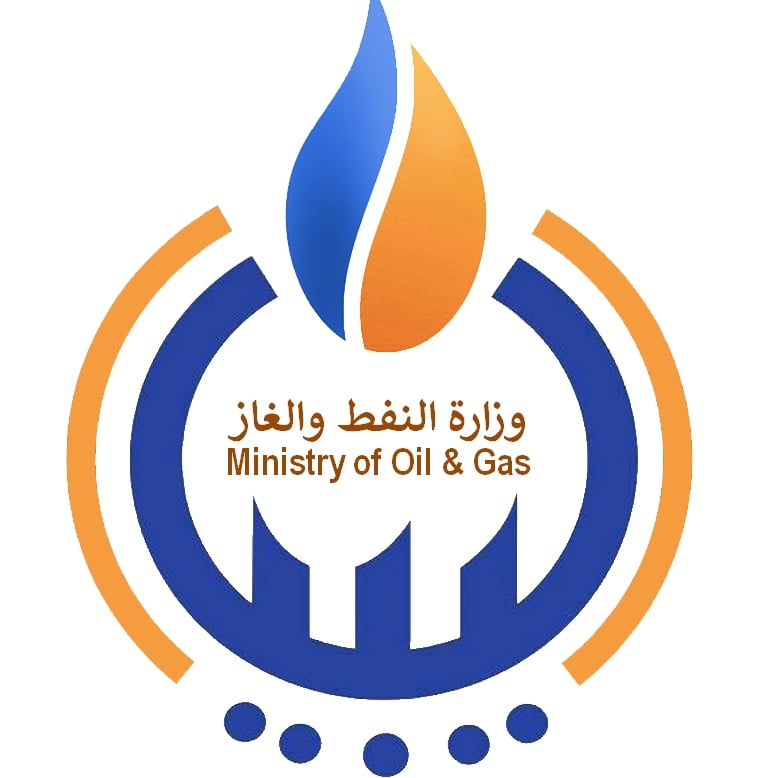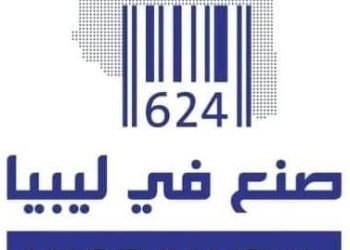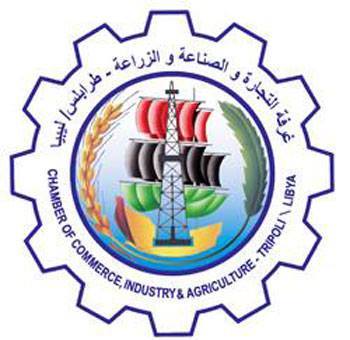Libya is still a traditional cash-driven economy. ATMs are relatively few in number; those that work even fewer. It is the same with electronic points of sale (POS) in stores and businesses. E-payments are the exception, not the rule, when Libyans go shopping. But that is changing – and changing fast. So say both Alsanussi Abukhzam, general manager of Moamalat, the public sector financial services company providing e-services in Libya, and Hani Alsaoudi, sales manager at its private-sector rival, Tadawul. Driving growth for both is competition between them and, more importantly, changes in the regulations.
Abukhazam is frank about the situation in the past. Moamalat, originally set up in 1994 as a joint stock company and owned by the main public-sector commercial banks, was ordered by the Central Bank of Libya (CBL) in 2009 to manage and operate e-payments through what is called the National Payment Switch. This enables cashless transactions and interfaces with POS, mobile payments, ATMs and other electronic payments.
Up until 2016, when Moamalat’s monopoly ended with the market being opened to other licensees, there was little development. Libya was largely an ATM and e-payments desert. In the five years since then, though, the situation moved significantly, Abukhazam explains. By the beginning of this year Moamalat operated some 400 ATMs and LD 120 million was paid through its 750 POS in the country, the vast majority in the Tripoli area. But things are now moving ahead fast. By the end of 2022, Abukhazam says he expects there will be some 1,000 ATMS and 25,000 POS, with an anticipated annual LD 4 billion being processed through them – although this is again concentrated in the west.
Unlike other counties where convenience has been a major factor in the shift to a more cashless society, Libya has had to live with cashlessness for some considerable time because of the difficulties in withdrawing money from the banks. An e-payments system is a practical solution, not simply a matter of convenience.
Abukhazam also notes a significant e-payments difference between western and eastern Libya. It is plastic in the west and mobiles in the east. In the west, customers making e-payments are using debit cards while in the east, they tend to use the electronic wallet application on their mobile phones. That is because, in the divide between east and west that has been seen in financial services as in so much else, e-payments tended to develop along these separate lines. Plastic versus mobiles is just another aspect of Libya’s divisions.
The private-sector Tadawul is also active, mainly in western Libya, according to Alsaudi. While it provides POS services to 7,000 shops or businesses in Tripolitania, it is just 1,700 in Cyrenaica and 1,300 in Fezzan – which on a comparative basis makes Fezzan, with its much lower population, almost on the same level as Tripolitania. Indeed, Further expansion of POS in Fezzan is anticipated, Alsaudi notes.
He stresses, too, that the number of POS should not be confused with the number of shops and businesses where they are available. There are 13,000 Tadawul-supplied POS, he explains, 90 percent of them in western Libya, but in fact they are operating in no more than 10,000 shops or businesses. That is because some shopkeepers have two or three POS, linked to different banks. The duplication extends even to some merchants having both Tadawul and Moamalat POS. Alsaudi estimates that while there are around 38,000 POS (25,000 Moamalat + 13,000 Tadawul) across the country, the total number of shops/businesses offering POS for e-payments is less than half – between 13,000 and 15,000. But “it’s moving big time,” he says with evident enthusiasm.
He too notes the plastic versus mobile divide between west and east. Currently, he says, 86 percent of electronic payments in the east are e-wallet, with between 6,000 and 8,000 merchants there offering payment through to the mobile app. He expects the difference to remain.
Both Abukhazam and Alsaudi expect major growth in e-payment use in Libya – “business needs it”, says Abukhazam – and it was hardly surprising that both Moamalat and Tadawul were major sponsors of the Libya Banking Sector Development Forum last month in Tunis. Abukhazam looks to e-payments being extended to international cards – Mastercard and Visa – by early 2023. But everything will depend on the CBL.
Alsaudi also wants international e-payment standards to be adopted quickly, thus enabling usage of Mastercard and Visa. If they were, “expansion could be huge” he predicts. But he is not that optimistic it will happen in the very near future.
Nonetheless, both he and Alsaudi look to further regulation changes from the CBL soon, believing these have to come. For the Libyan public needing to avoid sudden imposed cashlessness and wanting the alternative of electronic payments, and in order to facilitate external business opportunities, whether involving foreigners or Libyans living abroad, such reforms are necessary.
The pressure on them from merchants, the banking sector and the public is likely to intensify.









